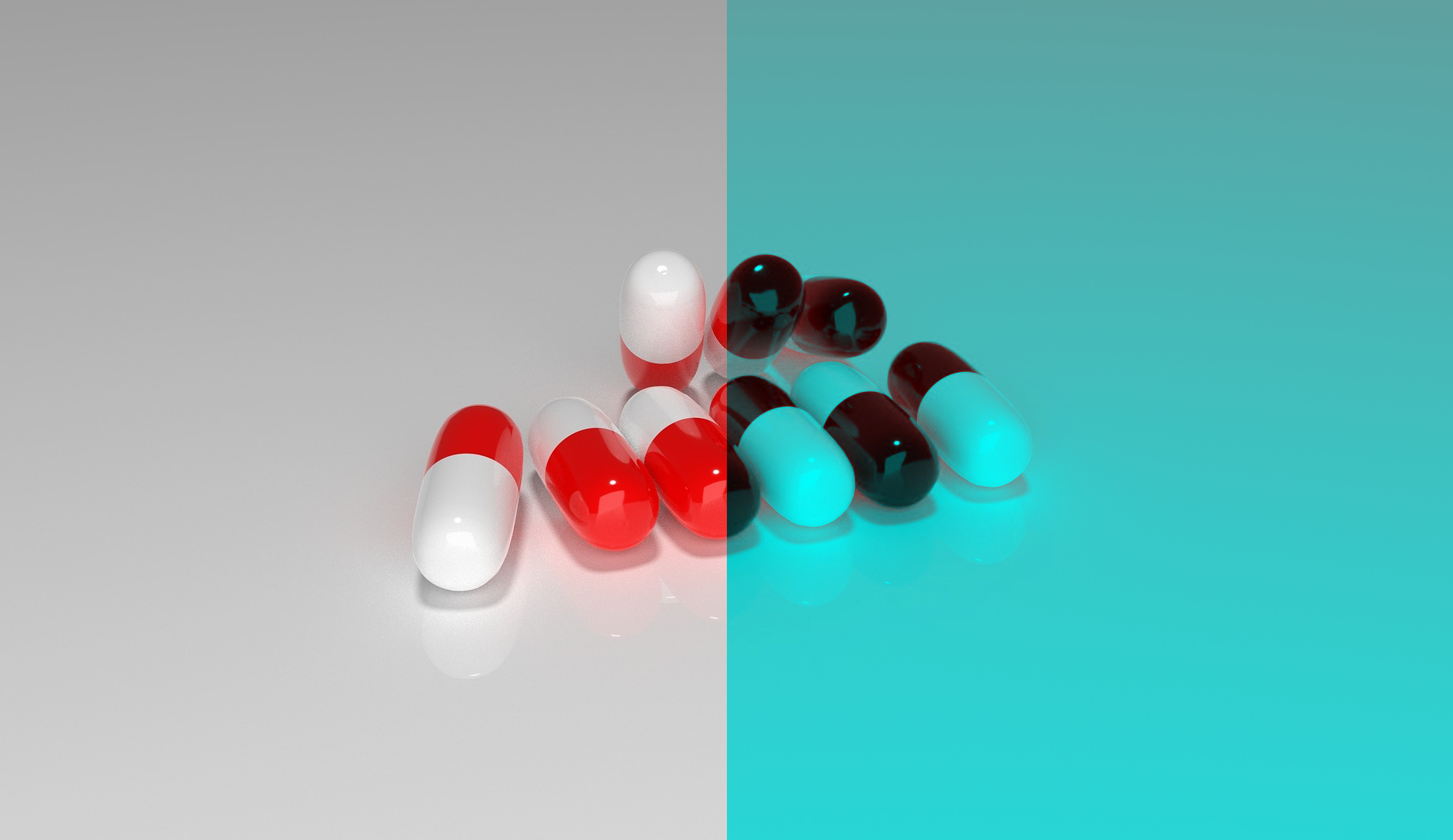Long-Term Consequences of The Nocebo Effect

The placebo effect is fairly well known phenomenon where a patient believes that a fake medical treatment works. This effect is utilized in medical research to determine the effectiveness of a specific drug or treatment. Much less common, and quite the opposite, is the Nocebo effect—a patient perceives something to be painful or harmful based on a physician’s suggestion or their own personal beliefs. Previous research has found that a patient’s expectations can significantly hinder natural progress and recovery. More startling, Root-Bernstein (1998) found that the nocebo effect could even reverse the benefits of some true medical treatment. This phenomenon needs to be well-recognized in the medico-legal context as it can be a huge factor in the outcome of a trial.
A recent article in the journal Psychological Injury and Law reported that although the overwhelming majority of concussion cases result in a full neurological recovery in a short time period (minutes to weeks), the likelihood of a problematic outcome increases if a specialist indicates that the patient’s concussion is serious or if they imply that the patient will experience specific negative symptoms. Further, the article found that even the use of the term “mild traumatic brain injury,” as opposed to “concussion,” can result in a poorer outcome.
Luckily, other studies have seen benefits at follow-up when patients met with a therapist to learn about their condition. This intervention focuses on reviewing the possible symptoms, teaching patients how to cope with these symptoms, and how to get back into their normal daily routine.